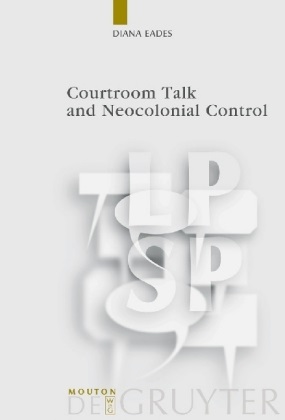Read more
The book examines the social consequences of courtroom talk through detailed investigation of the cross-examination of three Australian Aboriginal boys in the case against six police officers charged with their abduction. Critical sociolinguistic analysis shows how courtroom talk, with its related assumptions about how language works, can serve to legitimize neocolonial control over Indigenous people. Key features textbook suitable for use in courses on sociolinguistics, sociology of law, forensic linguistics, and postcolonial studies affordable paperback edition for students
Report
"The story that Eades tells is compelling. By carefully unpacking the speech patterns of boys, the questioning strategies of the defense counsel, and the historical context of the event, she leaves no question whether the boys were victimized by the police or whether the legal system participated in that victimization With its close attention to linguistic, social, and historical detail, this book makes an important contribution to sociolinguistics, sociolegal studies, and critical race studies."Jennifer Andrus in: Language in Society 39/2010 "Courtroom Talk and Neocolonial Control is the mostconceptually sophisticated, comprehensive and compelling attempt to managethe daunting challenge of macro-micro integration in the law and languageliterature and one that brings this crucial theoretical issue to the forefront ofnot just language and law studies or forensic linguistics but social science moregenerally. This is necessary reading not only for socio- and forensic linguistsbut law and society/social theorists as well."Greg Matoesian in: International Journal of Speech Language and the Law 1/2009 "This is an excellent book."M. Catherine Gruber in: Linguist List 20.2284

